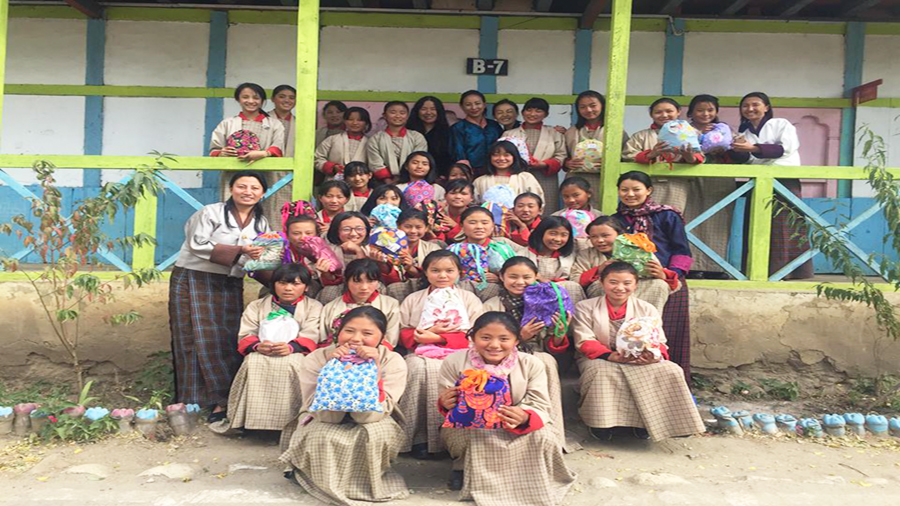
A growing number of children are starting puberty earlier heightening the risks for unintended pregnancies. As a result, doctors are urging educators, parents and authorities concerned to begin providing sexual reproductive health education early on to reduce unintended pregnancies. United Nations Fund for Population Activities (UNFPA) also says that the lack of awareness of sexual reproductive health along with reluctance to seek contraceptives has been contributing to unintended pregnancies in the country.
Research shows that comprehensive sexual education equips children with information and helps them make safe choices which results in reducing unintended pregnancies.
“As for awareness it is best if we can give them at an early age as they hit puberty very early these days due to the better nutrition they receive and it helps to prepare and take care of themselves. For instance, as for girls, their menstrual cycle starts from eight years old so we have to create awareness at the earliest if not they won’t be able to care of themselves such as menstruation hygiene, cycle and also the chance of conceiving is high which leads to teenage pregnancy,” said Phuntsho Lhamo, an adolescent-friendly health counsellor of the Adolescent Friendly Health Services at JDWNRH.
According to the World Health Organisation, unintended pregnancy refers to pregnancies that occur when a woman is not planning to have children or when it happens sooner than desired.
Unintended pregnancies have a bad effect on women, their families, and society. Many times, these pregnancies lead to babies being born too early or with health issues.
This happens because of many reasons, like not using birth control, lack of sexual education among young people or not having enough knowledge about family planning.
“If we look at the risk factors in the Bhutanese context, one is child sexual abuse, another thing is child marriage which still prevails in rural areas, third is due to lack of education and lastly the lack of knowledge of contraceptives and availability of contraceptives,” said Dr Dawa Zangpo from the Department of Forensic Medicine and Toxicology, JDWNRH.
To combat this issue, UNFPA in collaboration with the Ministry of Education and Skills Development launched the Comprehensive Sexuality Education in 2021 to equip students with knowledge, attitude and skills to make appropriate choices in their lives.
“With the support of UNFPA since 2022 we have incorporated CSE aspects in mainstream curriculum in seven subjects. We have reached out to two schools in each district,” said Karma Wangchuk, Chief of Health and Well-being Division, MoESD.
“The young people who are in the school right now should not be pregnant and they should not be having sexual relationships. So that’s already there, which is of course, it’s right, but then, if that happens, the young people don’t come and report, don’t come and share their problems. And that’s where we have a challenge that we face. But by the time they come to us with some problems, sometimes it’s quite a late stage,” said Meenakshi Rai (PhD), the director of RENEW.
According to the United Nations Fund for Population Activities, the impacts of unintended pregnancy are wide-ranging and life-long.
When a woman is unable to complete her education, participate in the workforce, and has poor health outcomes, it affects not just an individual, but also societies, health systems, and the overall economy.
Sonam Pelkid (Intern)
Edited by Sonam Pem








